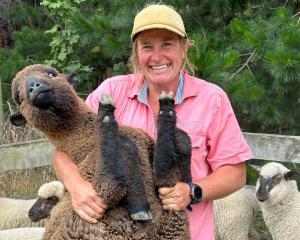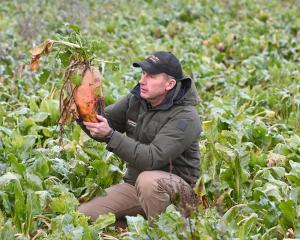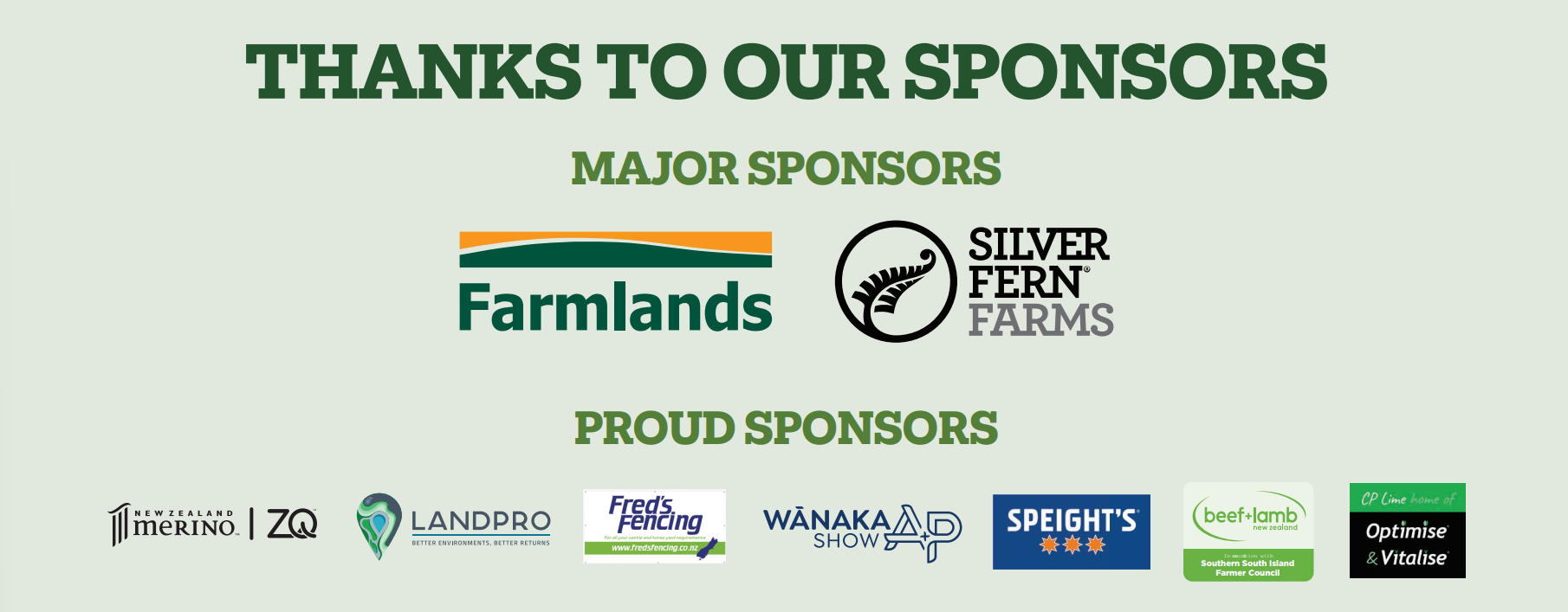
He was president of Otago Federated Farmers from 2015 to 2018, involved in the initial start-up of the WAI Wānaka catchment group and the Freshwater Improvement Fund which was linked to the catchment group.
He was also involved with Tb Free NZ (Otago committee) from 1995 and chaired the committee for three years from 2005.
He has followed in the footsteps of his grandfather and father as a committee member and president of the Upper Clutha A&P Show, been part of the St John area committee for more than 20 years, now also on the South Island board, and most recently he has become a trustee on the Otago Rural Support Trust.
Committing to these organisations often meant time off-farm and evening meetings, which Phill said would not have been possible without the commitment to their farm and livestock from his wife Lizzie Carruthers.
"Lizzie is a far better farmer than I am, I have no qualms admitting that; she won the national ewe hogget competition in 2011."
Lizzie grew up on a farm in South Otago and when they first began farming together, they engaged the services of a farm adviser.
"He helped us separate out our roles based on our passions and skill sets and it’s been great, we’ve been a good team ever since."
There have been many highlights in his voluntary roles over the years and the work Phill was involved in with the Animal Health Board in 1995 has been one highlight that stands out in his memory.
"Communication is so important in any organisation.
"In the early days, we needed to get landowner buy-in and collect a levy which funded possum control.
"Back in the early 90s, we had about 300 farms with Tb [tuberculosis] in their cattle herds, now we only have two or three in the region.
"It’s been hugely satisfying work and it hasn’t always been easy; in every organisation there are differences of opinions and there can be conflict at times.
"When it becomes unworkable, it’s a matter of focusing on finding a solution and having a hearty but respectful discussion."
His work as a trustee in the Rural Support Trust has been another important role in recent years.
"Making a living off the land is a lonely existence and the profile of the trust has increased in recent times, it’s gone from being the ambulance at the bottom of the cliff to being extremely proactive with initiatives that get farmers connecting with each other and sharing the mental load.
"It’s a very rewarding role," he said.















